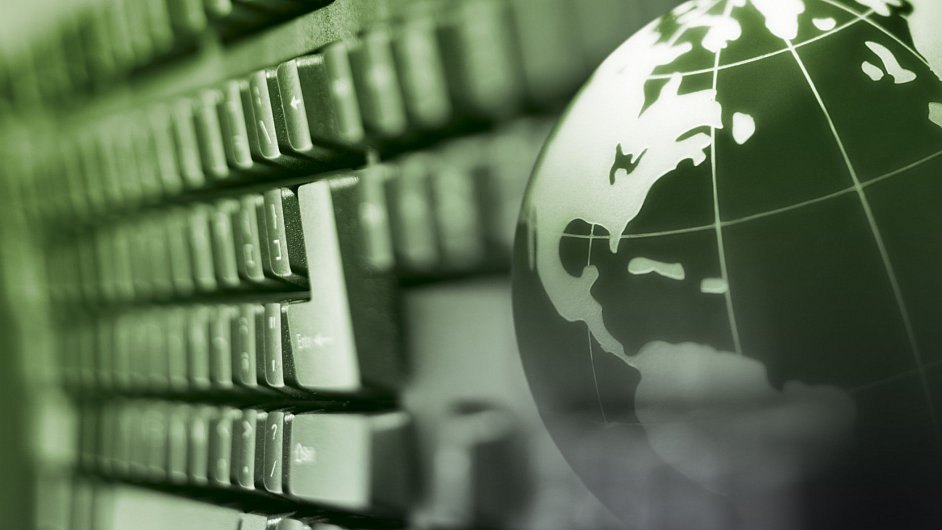Thursday, 18th April 2013 will be engraved into human history as a day when during an international marathon in Boston, the United States of America came under terrorist attack yet again and this time the attack is believed to come from the nationals of Chechnya, Dzhokhar and Tamerlan Tsarnaev. Little do people know that April 18th, 2013 has the potential to also be engraved into the human history as a day when CISPA bill was successfully passed by the House of Representatives, marking its steady, second path to the presidential desk.
Highly controversial Cyber Intelligence Sharing and Protection Act was already passed by the House of Representatives on April 26th, 2012 but as a result of failing to gain enough support in the U.S. Senate, the bill was rejected and dumped into the bin. Nevertheless, it looks like the author of the bill, Mike Rogers, is ready to try his luck once again and with the recent threats of terrorism, dominating the media stage, Mike Rogers might find himself just a little bit more successful this time.
According to lawmakers, Cyber Intelligence Sharing and Protection Act is to encourage businesses, private companies such as Twitter, Facebook and internet providers, to share the information with federal government with an objective to track down, monitor and curb cyber-attacks.
Plainly speaking, it enables the government to request and lawfully receive personal data of users for the purposes of national security. Therefore, it seems like this witch hunt that the United States government adopted following the 9/11 attack, is about to be taken on a whole new level. The Americans are asked to voluntarily give up privacy for a small increase in national security.
As Anonymous group states: ‘It’s the online equivalent of allowing a police officer to enter your home and start rummaging through your personal files without the permission of a court.’ Further, an unidentified group is encouraging user to request websites such as Twitter and Facebook to blackout in opposition to the bill.
Legible issue?
Now, one might question the reason why there is so much opposition and almost fear towards CISPA. The issues which the bill is addressing seem legible, especially following the Boston attack. Nevertheless, the central criticism of Cyber Intelligence Sharing and Protection Act addresses not so much the act itself but its supporters. Some state that the co-founders of the bill fail to understand that the bill does not address cyber threats. And from the claims that such co-founders are making, it seems that cyber security is not exactly their area of specialty.
Mike McCaul, the representative of Texas, cited the Boston bombing when making his speech in support of CISPA, stating that "In the case of Boston, they were real bombs… digital bombs. These are on their way". Further, Candice Miller, the representative from Texas declared that CISPA is necessary in order to stop hackers in North Korea and Iran from destroying American infrastructure.
Yet the most apocalyptic statement of all came from Dan Meffei, who stated that WikiLeaks is a hacking group that is hacking the United States infrastructure. Therefore, it is no surprise that the controversy around the bill is initiated partly as a result of the vague, irrational statements that demonstrate the lack of knowledge of supporters on the cyber security issue.
As it is now, the Obama administration does not support the CISPA act as it stands and it is likely that once the Act gets to the President’s desk, it is not going to be signed by Barack Obama. However, it is hard to guess the future actions of the president as equally controversial, NDAA Bill , passed in 2011 was also in spotlight of criticism from the Obama administration, until it arrived at the desk of the president, who signed it without much opposition.
What is clear as it stands now is that the Cyber Intelligence Sharing and Protection Act, if passes, permits the government to have access to private data of Facebook users with an aim to prevent cyber terrorism.
Bottom line: What is your opinion? Do you think that the government should have such a powerful tool to fight with criminals on the internet?
 Přidejte si Hospodářské noviny
mezi své oblíbené tituly
na Google zprávách.
Přidejte si Hospodářské noviny
mezi své oblíbené tituly
na Google zprávách.
Tento článek máteje zdarma. Když si předplatíte HN, budete moci číst všechny naše články nejen na vašem aktuálním připojení. Vaše předplatné brzy skončí. Předplaťte si HN a můžete i nadále číst všechny naše články. Nyní první 2 měsíce jen za 40 Kč.
- Veškerý obsah HN.cz
- Možnost kdykoliv zrušit
- Odemykejte obsah pro přátele
- Ukládejte si články na později
- Všechny články v audioverzi + playlist





